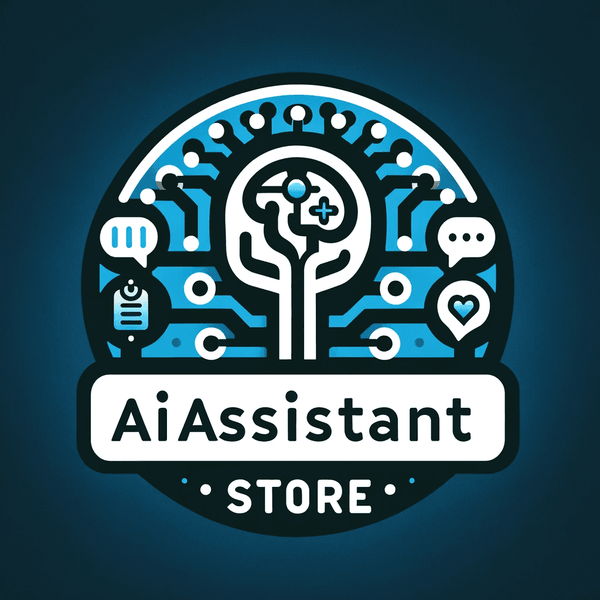Article you may like to read after this one:
🔗 AI News Wrap-Up – 19th March 2025 – Catch up on the latest developments in artificial intelligence, from breakthroughs in space tech to major business and research innovations.
In the vast expanse of scientific inquiry, nothing has transformed our approach to the stars above more dramatically than Artificial Intelligence (AI). It's a thrilling era in the fusion of cosmic exploration with cutting-edge technology, where AI isn't just an assistant but a pioneer. This narrative explores the remarkable strides made by AI in pushing the frontiers of space and science, revealing not just the depth of our universe but also the boundless potential of human ingenuity when augmented by AI.
Deciphering the Stars
The cosmos speaks in a language of light and shadow, a dialogue that, until recently, humanity could only partially understand. Enter AI, with its unparalleled data analysis capabilities, changing the game entirely. Consider the challenge of finding exoplanets. The traditional method—meticulously monitoring stars for the faintest dimming caused by a planet passing by—is a Herculean task. AI, however, treats this daunting data set as a mere puzzle, piecing together the existence of new planets with astonishing efficiency. It's like finding needles in the cosmic haystack, except AI has magnetized the needles.
Composing the Cosmic Symphony
Astrophysics, with its complex phenomena and vast scales, has always stretched the limits of human comprehension. AI, however, thrives on such complexity. By applying machine learning algorithms, it offers us a peek into phenomena like the life cycles of stars, the mysteries of black holes, and the elusive dance of dark matter. AI doesn't just simulate cosmic events; it enables us to witness the birth of the universe, recreating the first billion years after the Big Bang in digital form. This isn't just calculation—it's creation, offering us front-row seats to the universe's earliest moments.
Charting Uncharted Territories
Space exploration has always been hampered by the sheer distances involved, making real-time human control a dream. AI changes the script, empowering probes and rovers with autonomy to make decisions millions of miles from Earth. The Martian rovers, for instance, don't just follow commands; they make choices—selecting scientific targets, navigating alien terrains, and even conducting experiments. This isn't just exploration; it's discovery in its purest form, enabled by AI's ability to act and react in the unknown.
Beyond the Horizon
As we gaze into the future, the marriage of AI with cosmic exploration suggests possibilities that were once the realm of science fiction. AI isn't just about making sense of the universe; it's about participating in it, from crafting adaptable spacecraft to deciphering the cosmic code. The dream of not just observing but understanding and perhaps even inhabiting the cosmos seems less like a fantasy and more like a tangible goal, with AI leading the charge.
In weaving the tale of AI's contributions to cosmic science, what emerges is not just a series of technological achievements but a new chapter in the human quest for knowledge. As AI continues to unlock the secrets of the universe, it also unlocks potential within us, challenging us to reimagine what's possible. The journey into the cosmos, powered by AI, is not just an exploration of the universe but a reflection of human ambition and creativity, proving that when it comes to discovery, the sky is not the limit—it's just the beginning.

